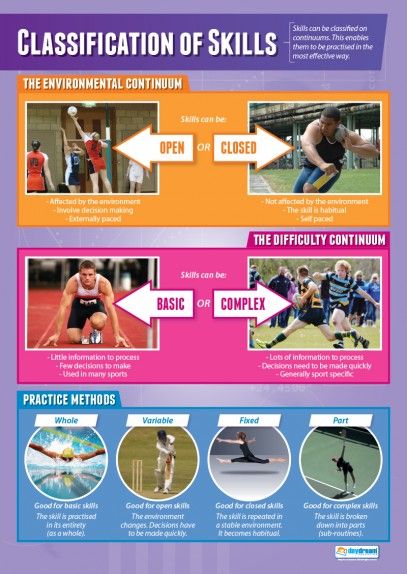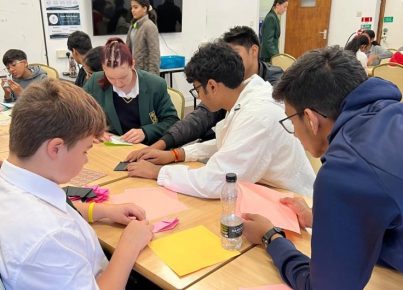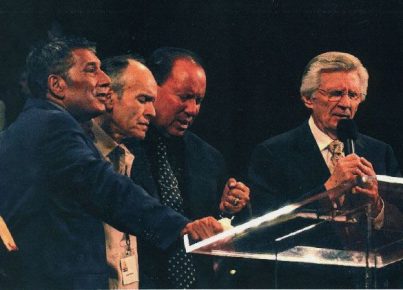Sport and exercise science, a field inherently focused on human movement and well-being, has a critical responsibility to reflect the diverse populations it serves. Yet, systemic barriers persist, creating a lack of representation and opportunity for underrepresented groups within higher education. To truly achieve inclusive excellence, we must actively sow seeds of change, fostering a culture of diversity, equity, and inclusion (DE&I).
This starts with diversifying the student body. Targeted recruitment efforts, scholarships, and mentorship programs can attract and support students from underrepresented backgrounds, breaking down financial and social barriers. Furthermore, curriculum revisions are vital. Integrating diverse perspectives into research, teaching, and community engagement ensures that students encounter a range of lived experiences and learn to address diverse needs.
Promoting equity means ensuring equal opportunities and resources for all students, regardless of background. This includes addressing implicit biases in teaching practices, developing accessible learning materials, and providing culturally sensitive support services. Finally, fostering inclusion means creating a welcoming and supportive environment where all individuals feel valued and empowered.
This requires building strong community within departments, promoting open dialogue about DE&I issues, and establishing clear policies against discrimination.
By taking proactive steps, institutions can cultivate a thriving, diverse, and equitable sport and exercise science community. This not only fosters a more inclusive learning environment but also prepares graduates to champion DE&I in their future roles, contributing to a more just and equitable society where everyone can benefit from the transformative power of sport and exercise.





